14 Outdated Grooming Habits That Don’t Hold Up Today
Personal care is meant to help you feel refreshed, but not every habit from the past serves that purpose today. Some practices are outdated and can even cause more trouble than benefit. New knowledge and better products have shown us easier ways to stay well-groomed. Letting go of these routines can free up both time and energy.
This post may contain affiliate links, which helps keep this content free. Please read our disclosure for more info.
Daily Shampooing
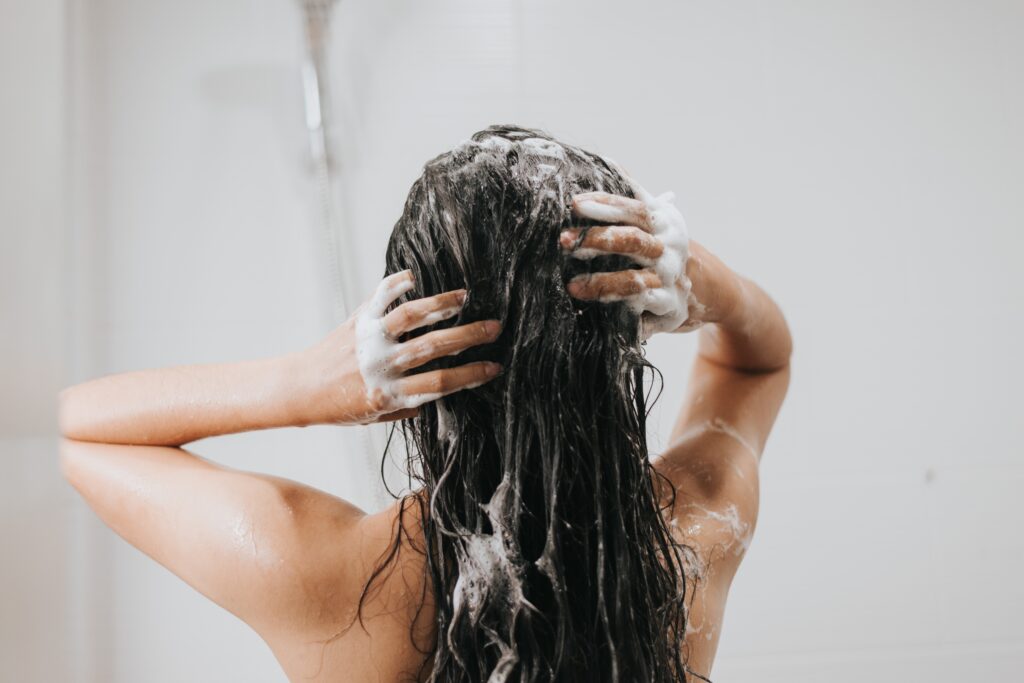
Washing hair every day was once considered the mark of good hygiene, but it strips away natural oils that keep hair healthy. Dermatologists now recommend washing less often, especially for those with dry or curly hair. Frequent shampooing can lead to dryness, frizz, or even scalp irritation. A few washes per week is usually enough for most people today.
Instead of daily washes, many now use gentle dry shampoos or water-only rinses between full washes. This keeps the scalp balanced while still feeling fresh. Modern shampoos are stronger than older ones, so they clean well even when used less often. Adjusting your schedule can leave hair looking fuller and healthier.
Using Bar Soap on the Face
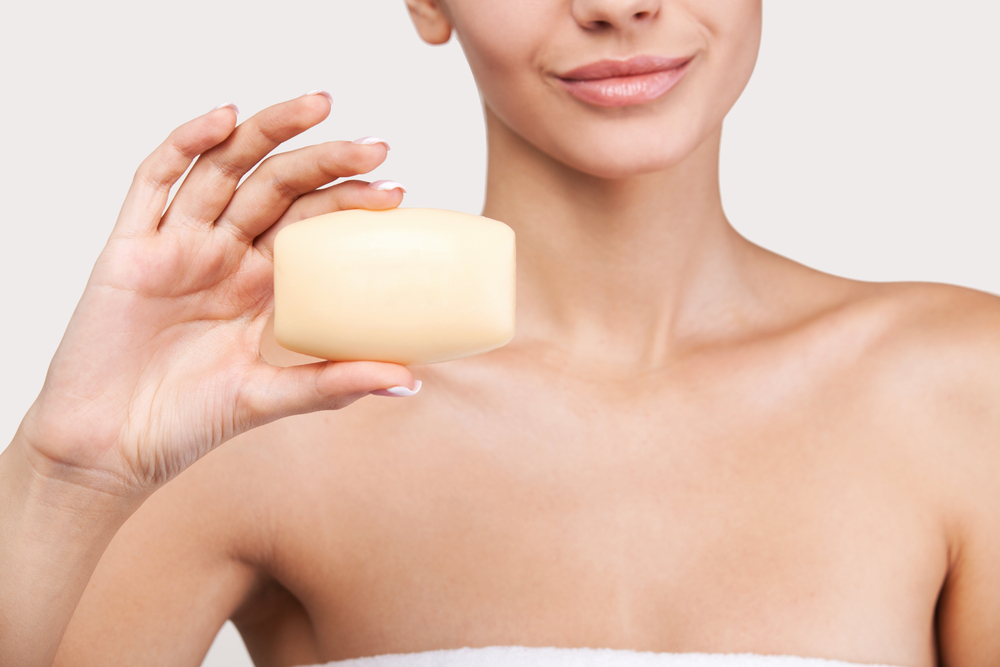
In the past, bar soap was a common choice for washing the face, but it often caused tightness or dryness. Most soaps were made for the body and not for sensitive facial skin. Over time, this habit was shown to damage the skin barrier. Dermatologists advise using cleansers that match your skin type.
Today, there are gentle foams, gels, and cream-based products designed to clean without harsh effects. These options keep natural moisture intact while still removing dirt and oil. Using the right cleanser helps prevent breakouts and irritation. This small change makes a big difference in daily skincare routines.
Over-Plucking Eyebrows
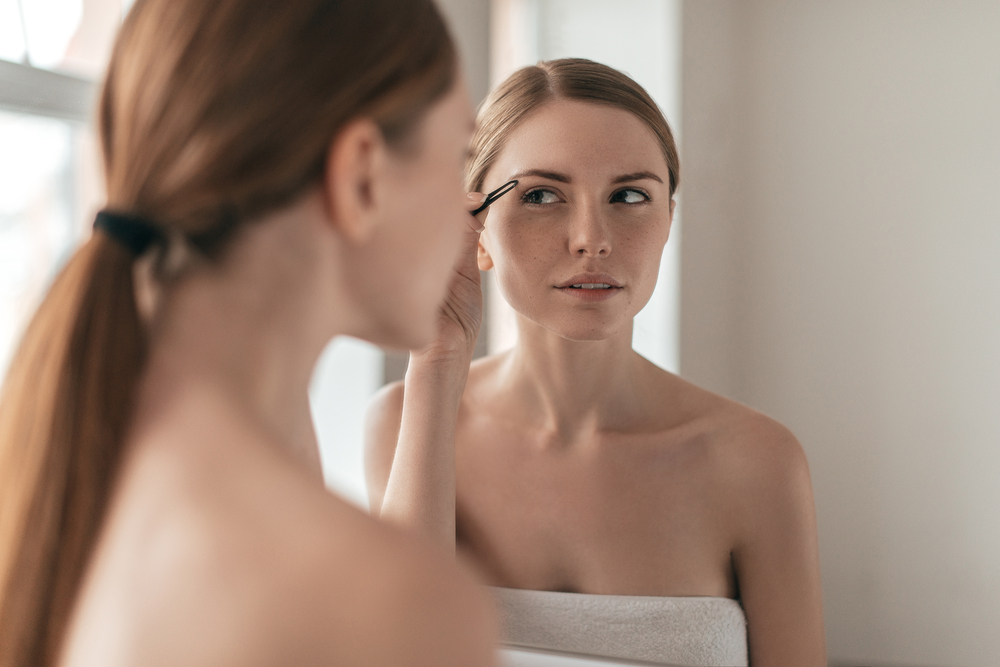
Thin, drawn-on brows were once seen as stylish, leading many to over-pluck. The problem is that eyebrows do not always grow back evenly. People who followed this trend often ended up with patchy or sparse brows. It is now considered an outdated grooming practice.
Fuller brows are now more accepted, and many turn to shaping instead of over-plucking. A light trim or wax helps keep brows tidy without removing too much. There are also brow pencils and gels for filling in naturally. This approach keeps brows healthy and attractive without long-term damage.
Shaving Every Day
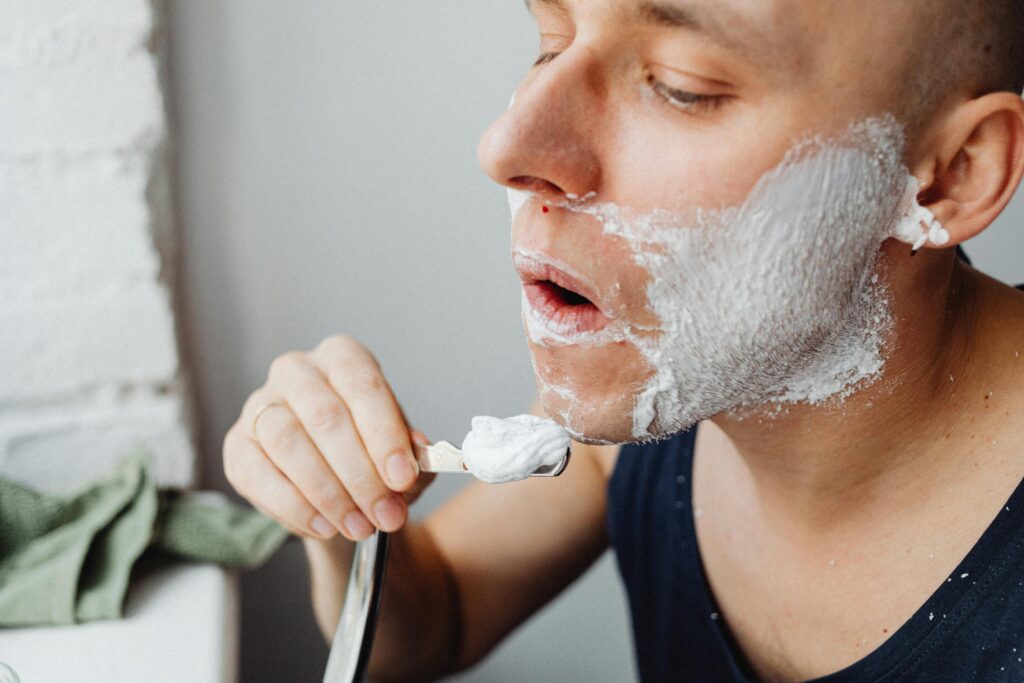
Daily shaving was once tied to looking neat and professional. Many men felt pressure to stay clean-shaven regardless of skin irritation. Shaving so often can cause razor burn, ingrown hairs, and dryness. This routine is unnecessary for most people today.
Beards and stubble are now widely accepted in workplaces and social settings. Many people choose to shave less often and let their skin rest. Grooming tools like trimmers help keep facial hair tidy without constant shaving. This saves both time and skin health.
Using Too Much Hair Gel
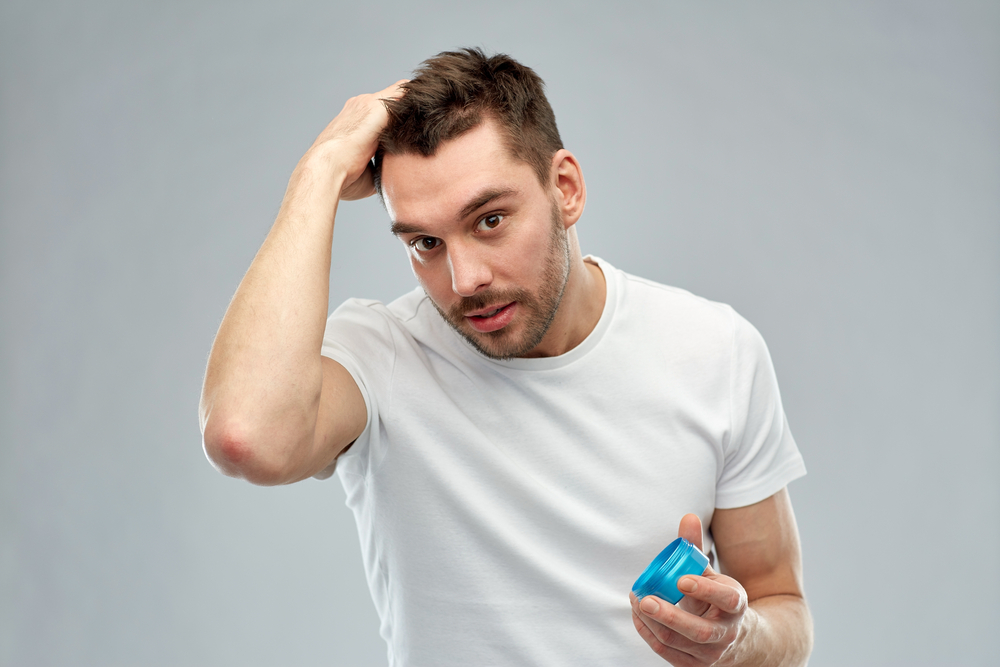
Hair gel was once the go-to product for styling, but using large amounts creates stiff and unnatural looks. Old formulas often flaked or left hair feeling sticky. The heavy finish made it clear when gel was overused. This habit is far less popular now.
Modern styling products give hold without stiffness, such as creams, clays, or light mousses. These create texture while keeping hair soft to the touch. They are easier to wash out and do not leave white flakes. Choosing flexible products allows for a more natural appearance.
Applying Baby Powder as Deodorant
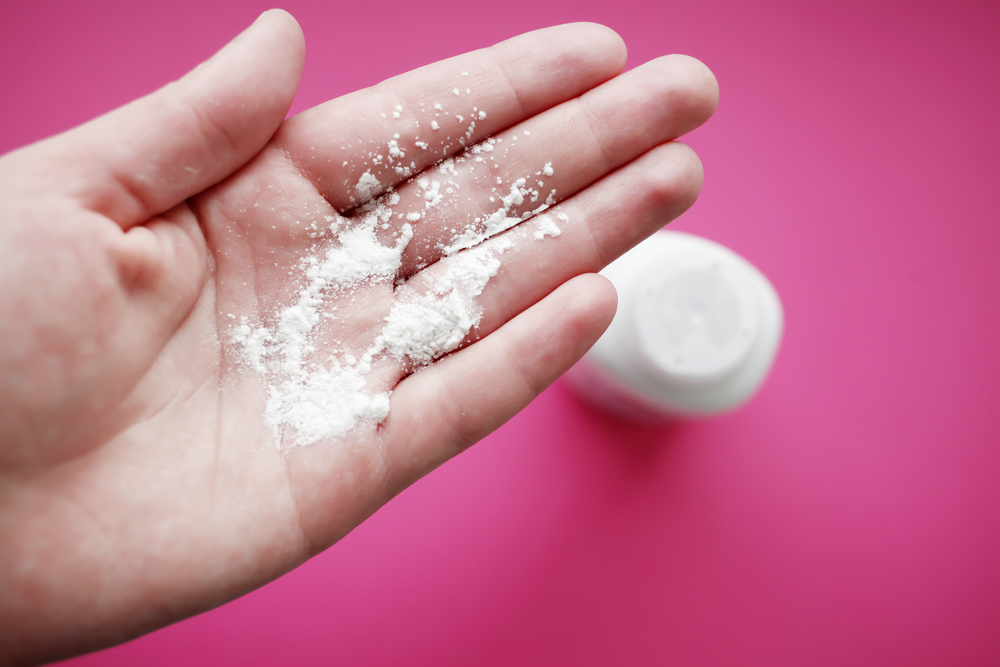
For years, people dusted baby powder under their arms to stay fresh. It was cheap and widely available, but it was never designed for long-term deodorant use. Powders can build up on skin and clothing. Concerns about ingredients have also made this habit questionable.
Today, deodorants and antiperspirants are carefully tested and provide better results. They are available in sprays, sticks, and natural options for sensitive skin. These products block odor more effectively than powder. Switching to proper deodorant is a healthier and more reliable choice.
Overusing Aftershave
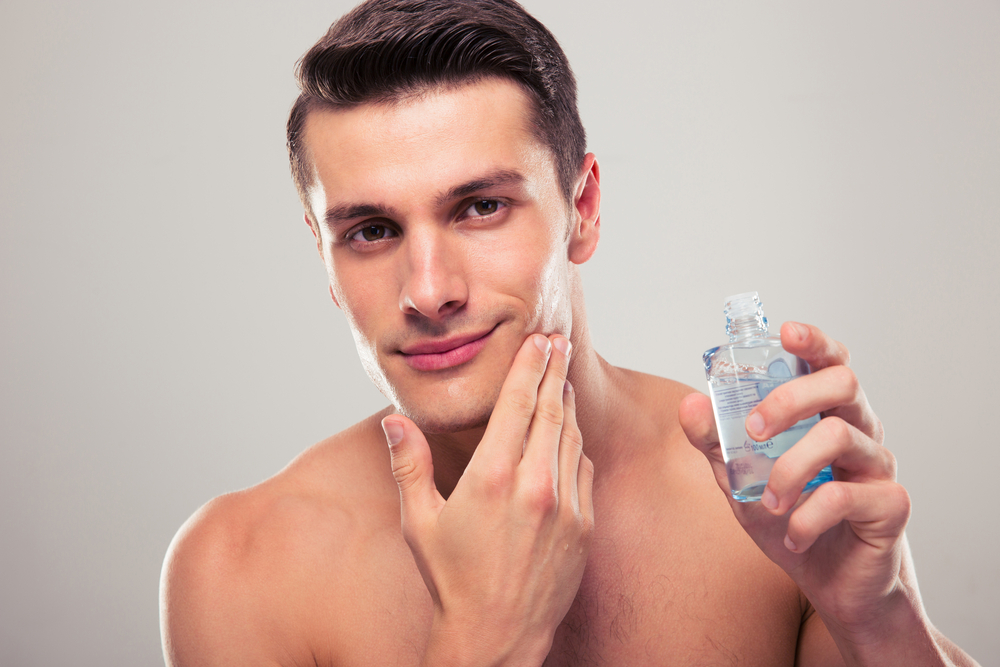
Aftershave was once poured on heavily after every shave, but the alcohol-based formulas dried out skin. Many thought the sting meant it was working, when in reality it was causing irritation. Strong scents could also be overwhelming in social settings. This grooming habit no longer makes sense.
Now there are soothing balms and gels made with hydrating ingredients like aloe and chamomile. These calm the skin and prevent redness without the burn. A small amount goes a long way, making the product last longer. The shift has made post-shave care much more comfortable.
Daily Nail Cutting
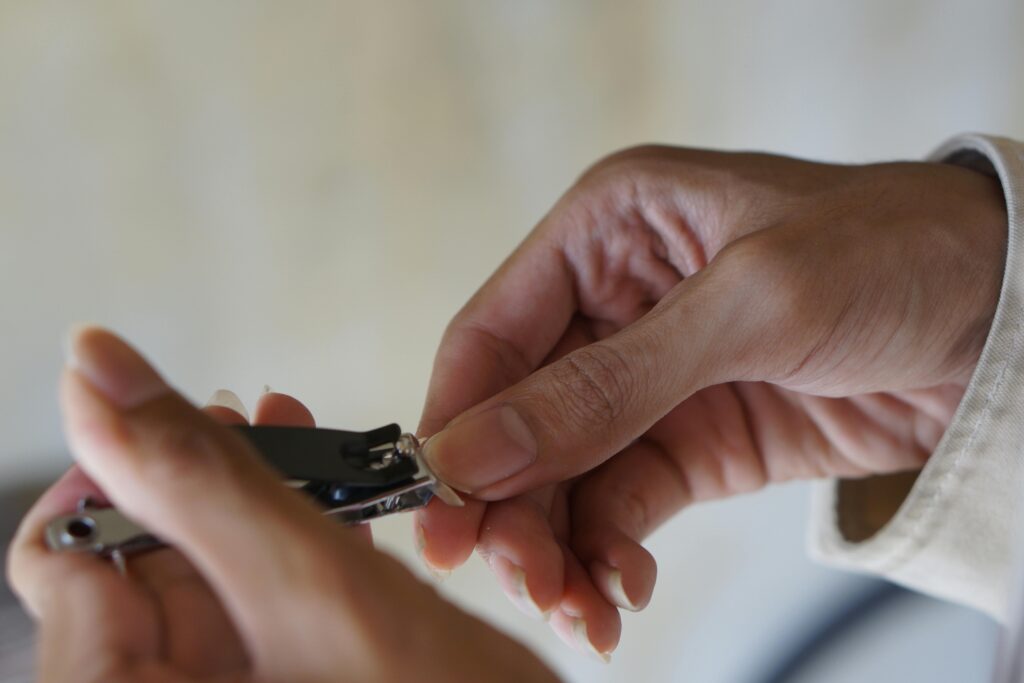
Cutting nails every day was a habit for those who wanted to stay extra neat. This practice can actually weaken nails and cause painful ingrown edges. Nails do not grow fast enough to need daily trimming. It is unnecessary and can even harm nail health.
A weekly trim is usually enough for both fingernails and toenails. Using a file helps keep edges smooth in between cuts. Proper nail care prevents breakage and promotes stronger growth. Less frequent trimming keeps nails both healthy and clean.
Ignoring Sunscreen
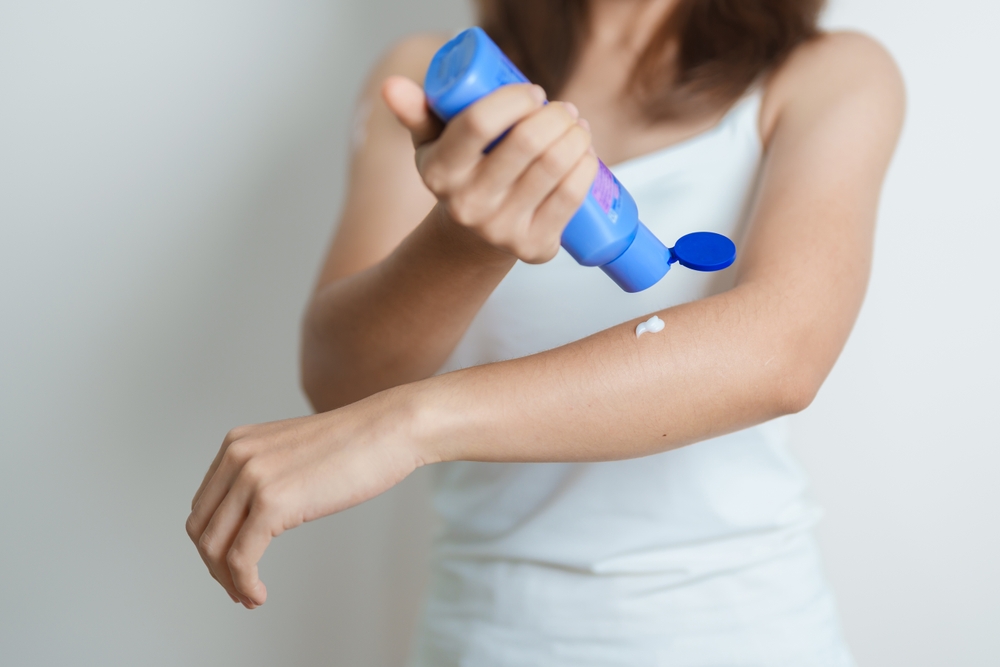
In the past, many people skipped sunscreen unless they were at the beach. Daily sun exposure, however, causes skin damage even on cloudy days. Without protection, premature aging and skin cancers become more likely. This old habit is one of the most harmful.
Today, lightweight sunscreens fit easily into grooming routines. They can be worn under makeup or on bare skin. Many are made with non-greasy formulas that feel comfortable for daily use. Applying sunscreen regularly is now considered essential for healthy skin.
Using Mouthwash Instead of Brushing
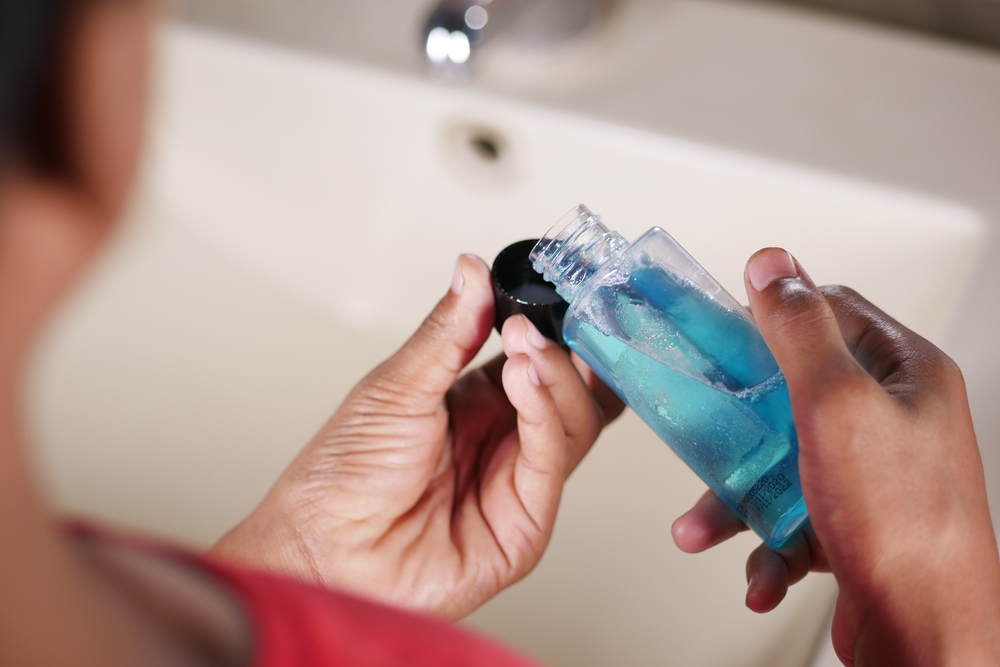
Some people once believed mouthwash could replace brushing teeth. Swishing liquid may leave the mouth feeling fresh, but it does not remove plaque. Over time, skipping brushing leads to cavities and gum disease. This shortcut is not a healthy habit.
Dentists recommend brushing twice a day with fluoride toothpaste. Mouthwash can be helpful, but only as an extra step. It freshens breath and may fight bacteria, but it is no substitute. Combining both habits keeps oral health strong.
Excessive Perfume or Cologne
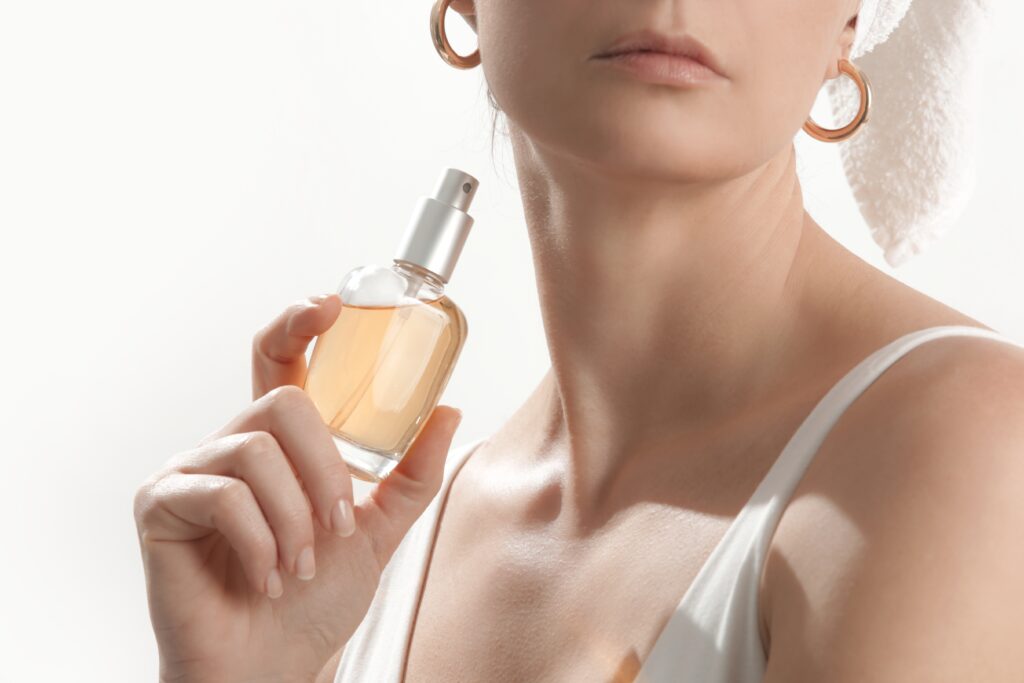
Applying large amounts of fragrance was once considered stylish. The strong scent, however, can overwhelm those nearby. Overuse also wastes expensive products. This habit is no longer seen as appealing.
Today, subtle application is recommended. A few sprays on pulse points are enough to last through the day. Softer scents feel more inviting and respectful in shared spaces. Moderation allows the fragrance to enhance rather than overpower.
Using Lemon Juice on Skin
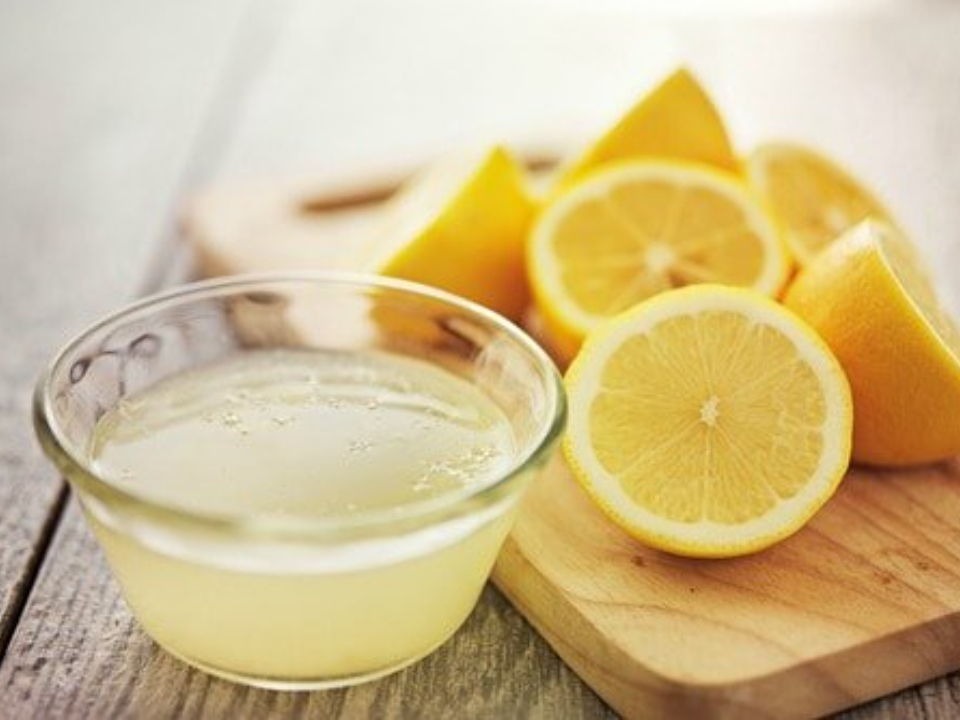
At one time, lemon juice was applied directly to skin for lightening or acne control. While natural, it often caused stinging, redness, or burns when exposed to sunlight. This habit damaged skin more than it helped. It is no longer a safe practice.
There are now safe skincare products with vitamin C and gentle acids that achieve better results. These formulas brighten skin without harsh side effects. Dermatologists warn against using raw lemon on the face. Choosing tested products is the safer option.
Excessive Hair Brushing

Old advice suggested brushing hair one hundred strokes a day for shine. In reality, over-brushing leads to breakage and scalp irritation. This habit is outdated and unnecessary for healthy hair. Fewer strokes are more than enough.
Brushing should be done to detangle and distribute oils lightly. Wide-tooth combs or gentle brushes are better for preventing damage. Brushing once or twice a day is plenty for most hair types. Modern care focuses on protecting rather than overworking hair.
Sleeping in Makeup

Leaving makeup on overnight was once common when people did not know its effects. This clogs pores and leads to breakouts. Makeup residue also accelerates skin aging. It is a habit best avoided.
Cleansing before bed allows the skin to breathe and recover overnight. Makeup wipes and gentle cleansers make removal quick and easy. Adding moisturizer after cleansing helps the skin repair itself. A simple nighttime routine keeps skin fresh and healthy.
This article originally appeared on Avocadu.
